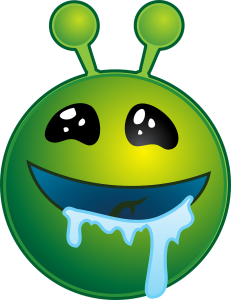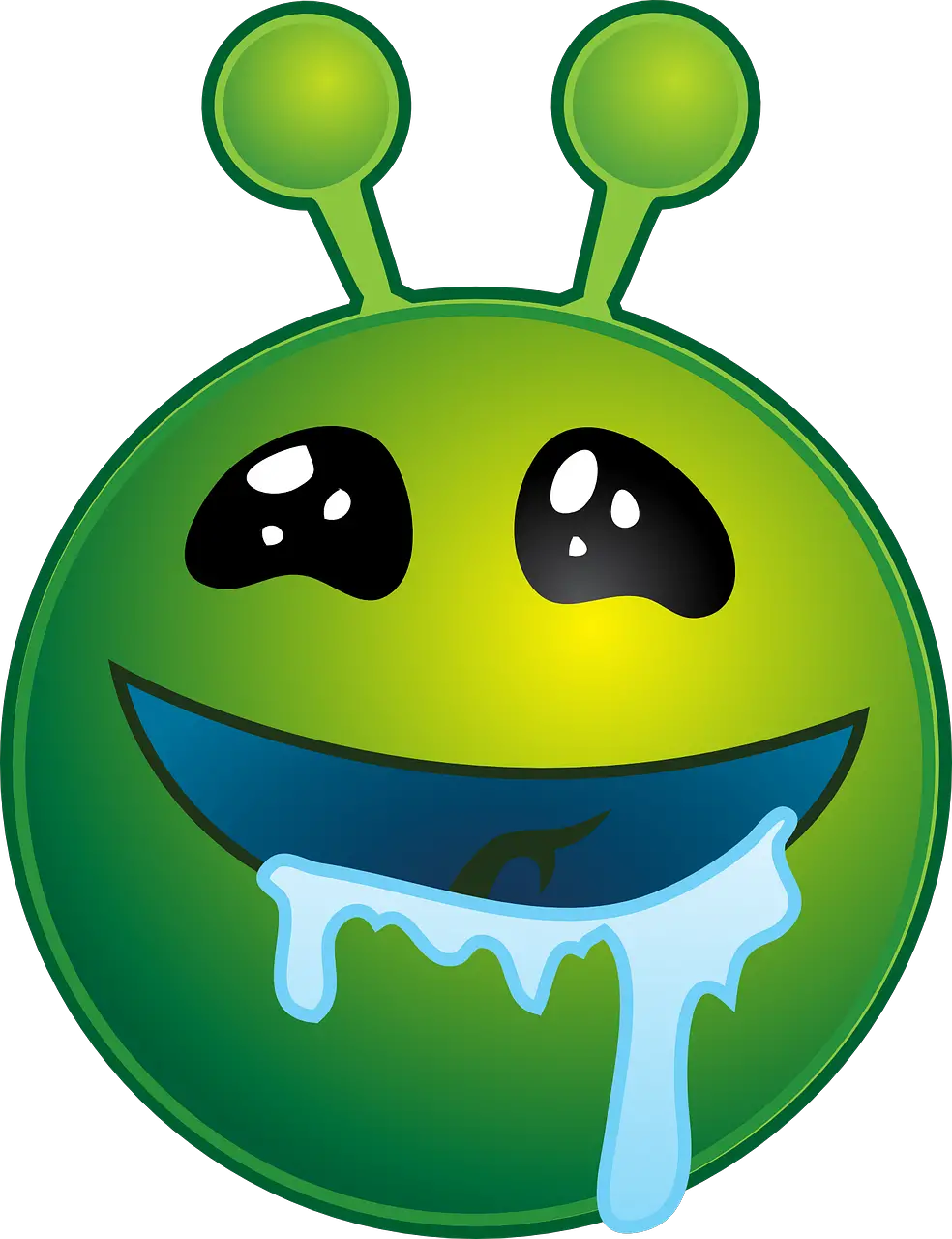The primary cause for drooling while you sleep is an open mouth.
Dogs drool, babies drool, and adults occasionally drool when thinking about delectable dishes. But drooling at night can leave you waking up to a soggy pillow.
Drooling when you sleep is quite common and is usually not a cause for concern. There could be many reasons behind that dribble running down your cheek, from stress to even medication side effects. Point is, how do we stop drooling when sleeping?
An Overview of Drooling
Your mouth contains three major pairs of salivary glands and hundreds of minor salivary glands all tasked with doing one thing — producing saliva. Saliva is a good thing for your body.
Throughout the day, saliva production lubricates your mouth, assists with swallowing, and even helps digestion. It also plays a large role in cavity prevention, protecting your teeth from bacteria.
An average adult can produce up to a quart of saliva per day; that is four cups of potential drool! During waking hours, your body easily carries all of this liquid away by swallowing.
But when you sleep your muscles relax, swallowing slows down, and all your saliva collects in your mouth. With nowhere to go, most of it may end up in a puddle on your pillow.
Baby Age of Drooling

The most popular diagnosis for drooling when sleeping is age. Drooling is considered normal up to the age of two years. Infants in the early stages of life have not developed full control of the muscles required for swallowing.
Until 18 months of age, these muscles will remain insufficient in keeping all your child’s saliva from running down their chin. Teething causes an increase in saliva and can begin as early as two months old. Too old to be wearing a bib? Read on.
Why Do I Drool A Lot When I Sleep?
The primary reason you drool when you sleep is an open mouth. As saliva pools, some of it may escape if your mouth is wide open. When you enter REM or rapid eye movement, your muscles relax.
More often than not, the relaxing of the jaw and surrounding muscles causes your mouth to gape, creating an escape route for drool. Erratic firing of neurons while you’re busy dreaming means your brain may forget to tell your throat to swallow.
Besides muscle relaxation, your sleeping position may sabotage you. Sleeping on your side or stomach is often thought to contribute to drool.
It is easier for saliva to leak out instead of being swallowed when you are lying on your side or stomach compared to sleeping on your back. Yet another culprit?
Mouth breathing. Whether from allergies, a cold, sleep apnea or even a deviated septum; nasal congestion forces your mouth open. When you are suffering from a cold or allergies, the lining of your nasal passages becomes inflamed and swell, allowing for less air to pass through.
Thankfully, to aid in breathing, your mouth and throat take over for that stuffy nose. Good news if you want to stay alive, but bad news if you are hoping for a dry pillow.
A deviated septum produces results like a cold. If the tissue and bone that divide your nose are not centered, it can become difficult to maintain respiration solely through your nose.
Drooling and an open mouth may also be an indicator of sleep apnea. Sleep apnea is the sudden starting and stopping of breath while you are slumbering. It can be mild to severe but requires treatment from a medical professional.
Drooling Excessively

If your mouth more closely resembles a fire hydrant rather than a leaky faucet, you may be dealing with excess salivation. Also known as hypersalivation or sialorrhea, salivary glands can produce too much liquid for several reasons.
One of these reasons is stress. Stress can cause your body to overproduce saliva, oddly enough this trait is commonly seen in cats, but it can happen to humans too! Certain medications can also have the unpleasant side effect of hypersalivation.
Fortunately, there are only a handful of drugs that list this reaction. Medical conditions may produce symptoms of hypersalivation or difficulty swallowing, and both may lead to dried trails down your chin.
Certain neurological disorders, specifically those that impair muscle movement are associated with drooling. Suffers of a stroke or brain injury are classified as more likely to drool.
Finally, conditions that are related to acidity cause drooling as well and are more likely to flare at night. GERD, heartburn and acid reflux all feature a burning pain as stomach acid rises up the esophagus. This acid triggers excessive salivation that turns into streams of drool when you sleep.
How to Stop Drooling When Sleeping?
Tired of waking up to a wet pillow or dried drool on your chin? As annoying and unsightly as drool can be, in most cases it is not serious and does not require any treatment. Contrary to belief, drool will not leave you dehydrated nor can it cause infections.
If you believe you may drool as a result of a medical condition or medication you are taking, it would be beneficial to talk to your doctor. In the least, to get you drool free, but also to help you breathe easier and sleep more soundly.
Nasal congestion, a common cause behind drooling can be treated with medications and antihistamines prescribed by your doctor. Anti-medication remedies include nasal strips or the ever-lovely chin strap (thankfully you will only wear it at night).
Though, keeping your pillow dry may be as easy as changing your sleeping position. When you sleep on your back, saliva gathers in the back of the throat and triggers your gag reflex to swallow, safely commuting drool away from your linens.
If treatment is deemed necessary by a medical professional, there are a few options including devices, medications and speech therapy. An oral appliance, or mouth guard, can be worn to bed to prevent drooling.
Though drastic, Botox injections into salivary glands as a method to render them useless in producing spit has been employed in patients suffering from neurological disorders.
Even speech therapy to strengthen the muscles surrounding the mouth can decrease your chances of drooling at night.


